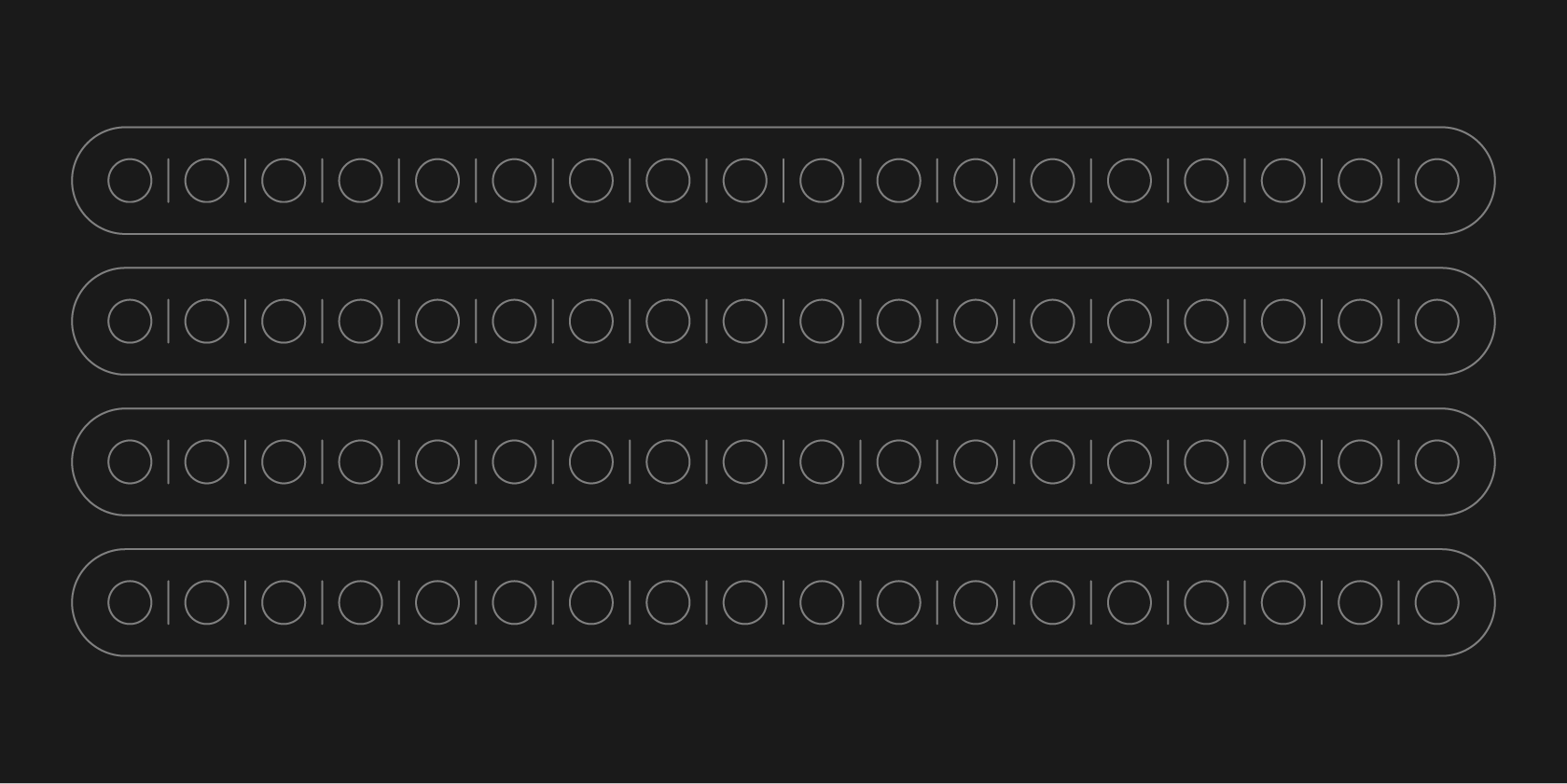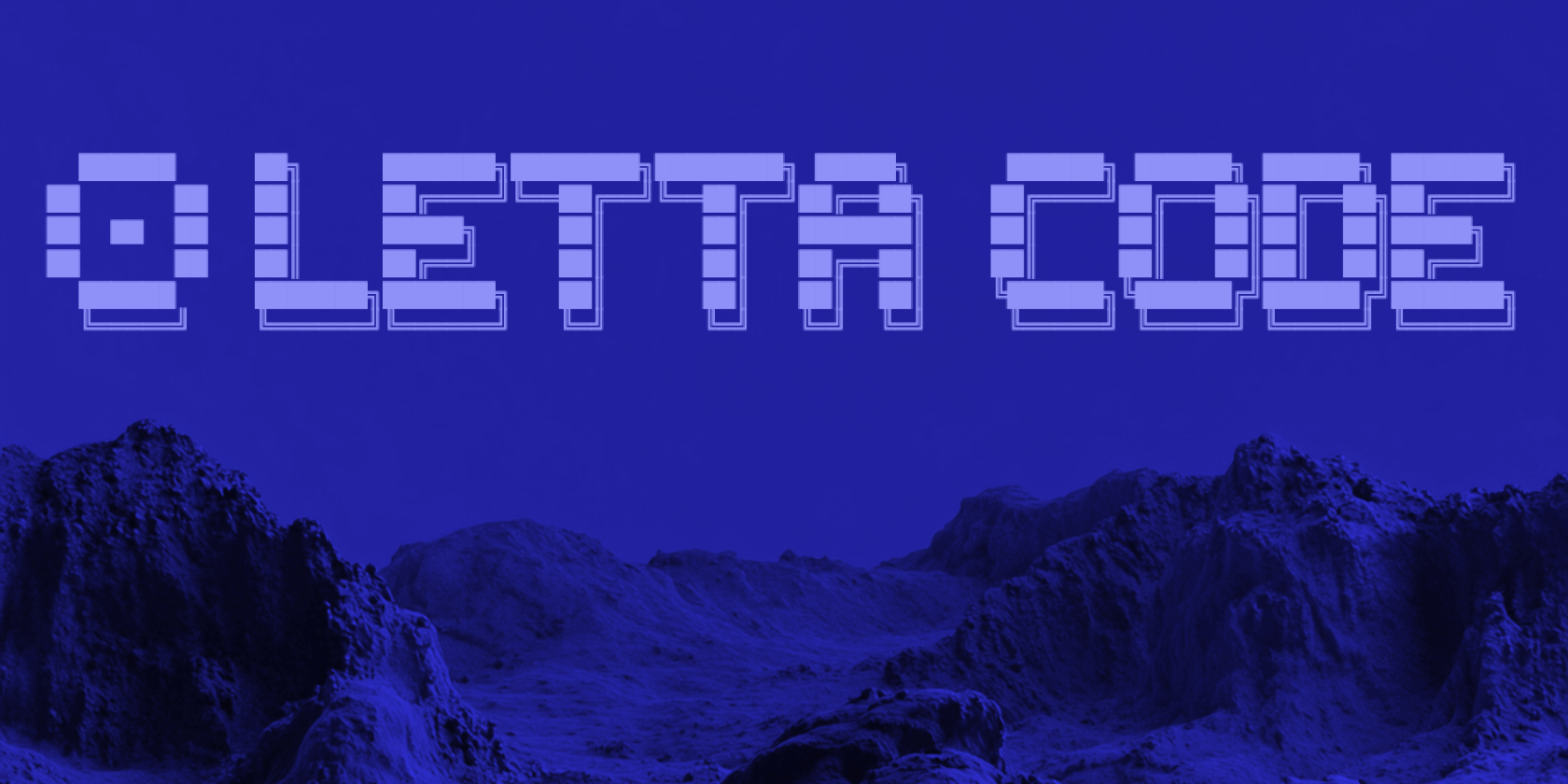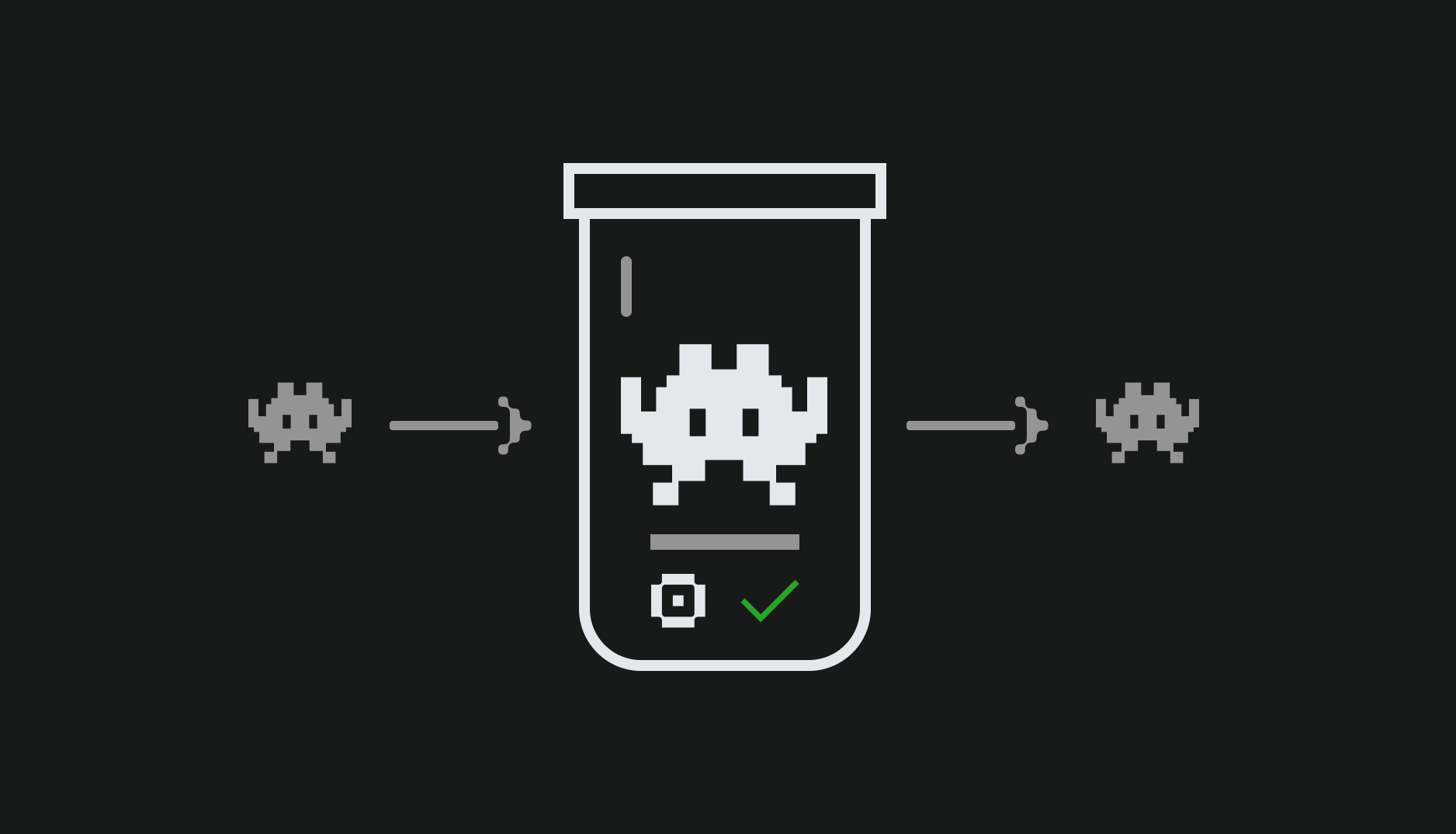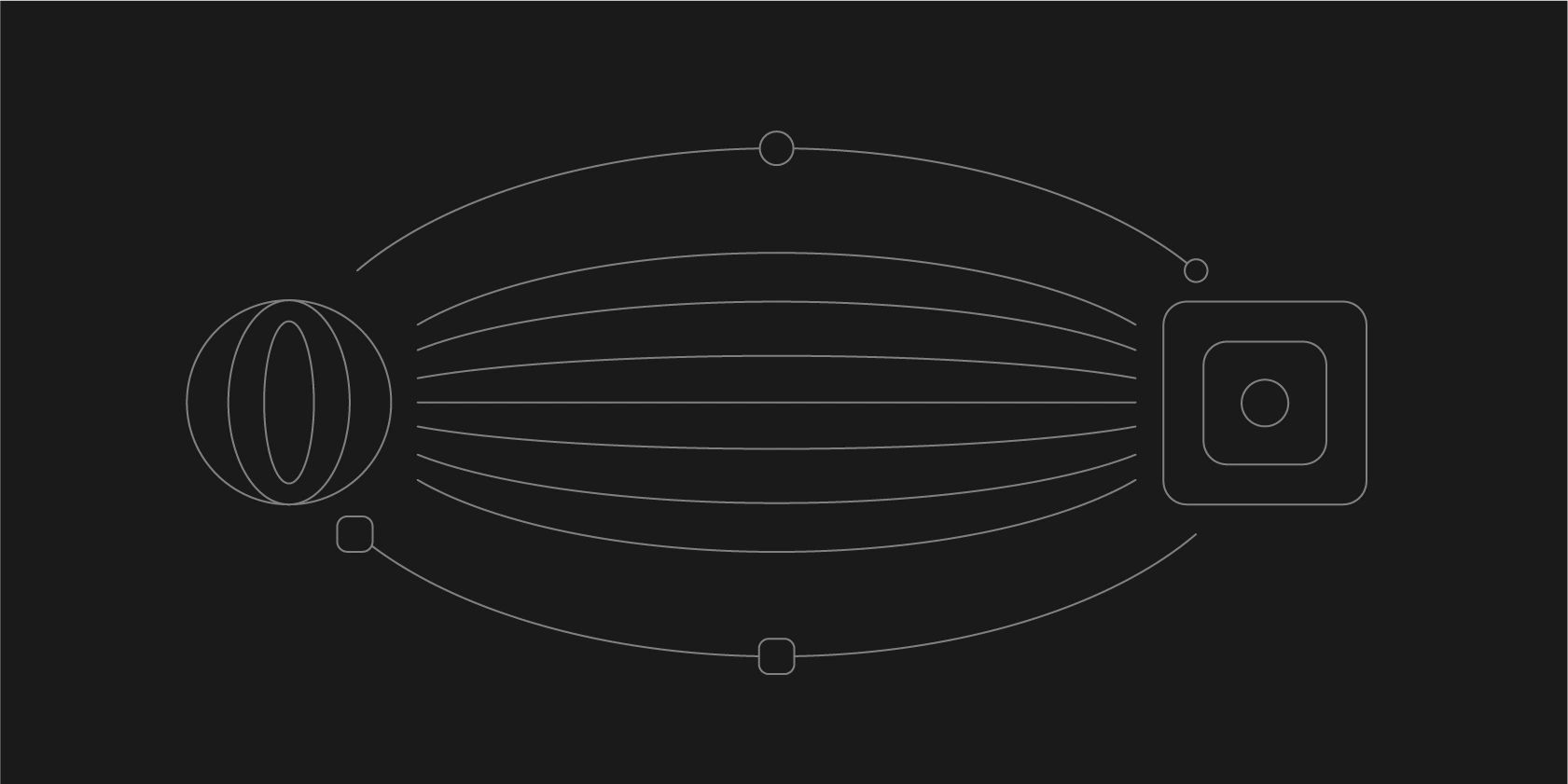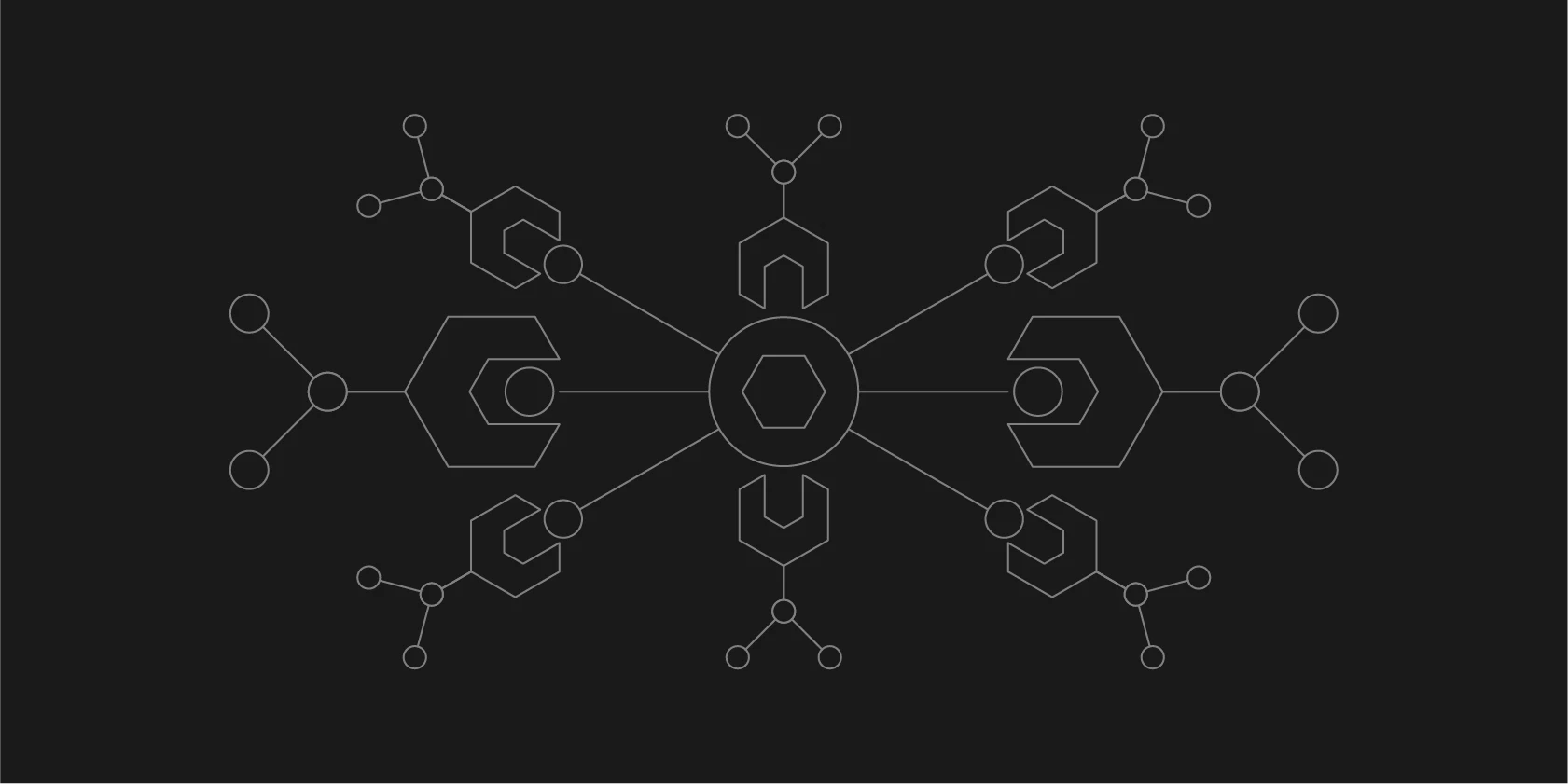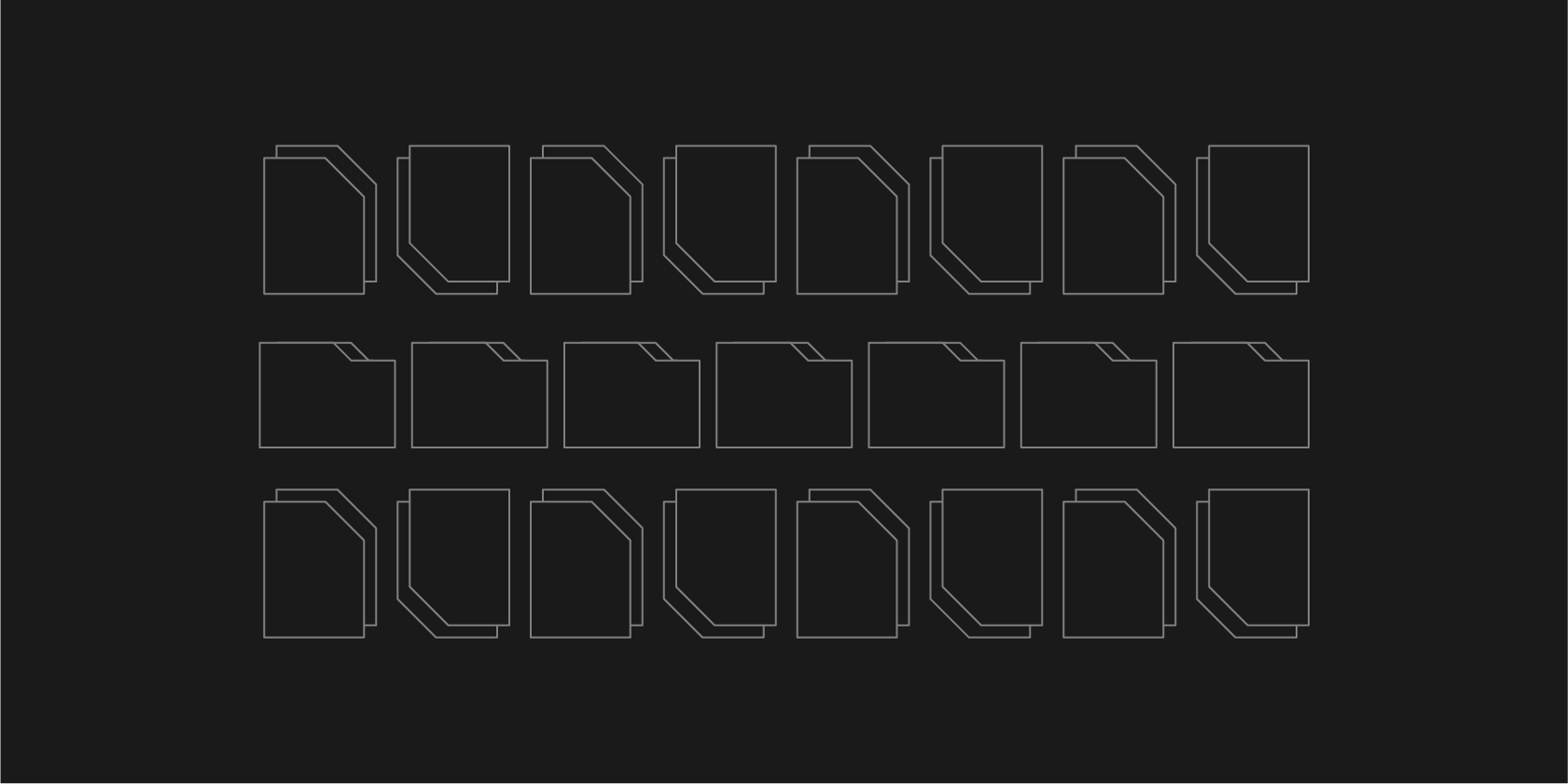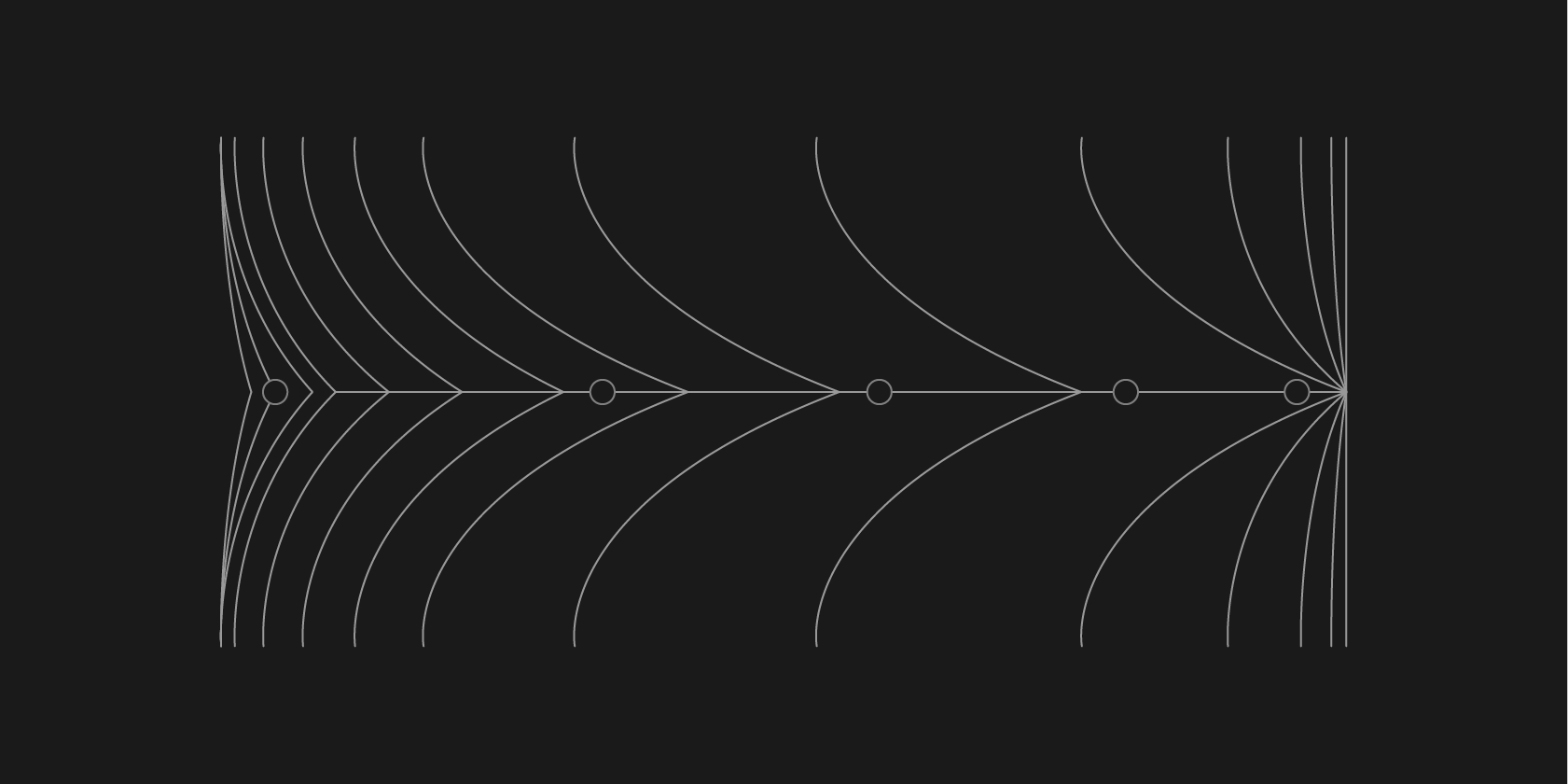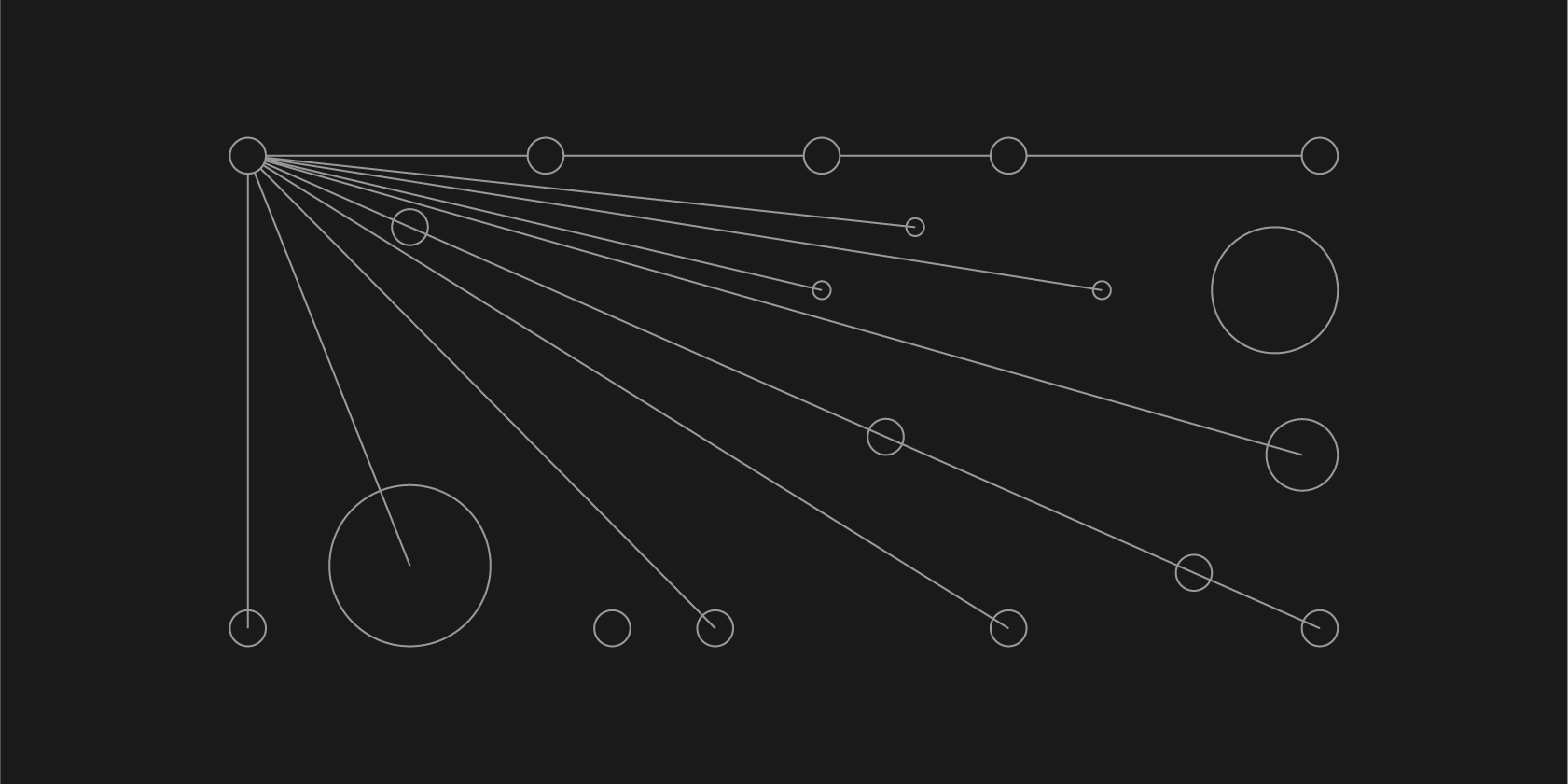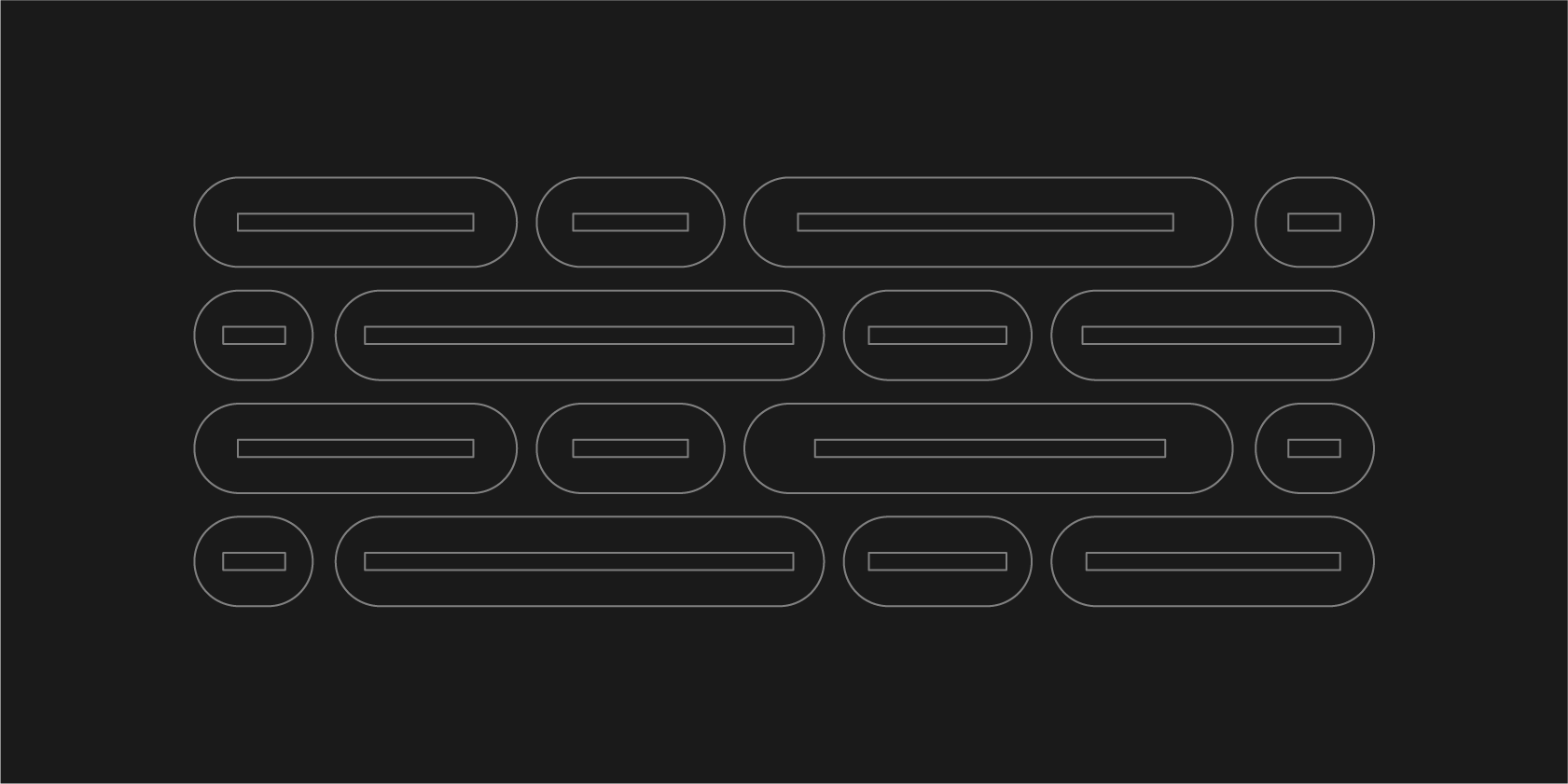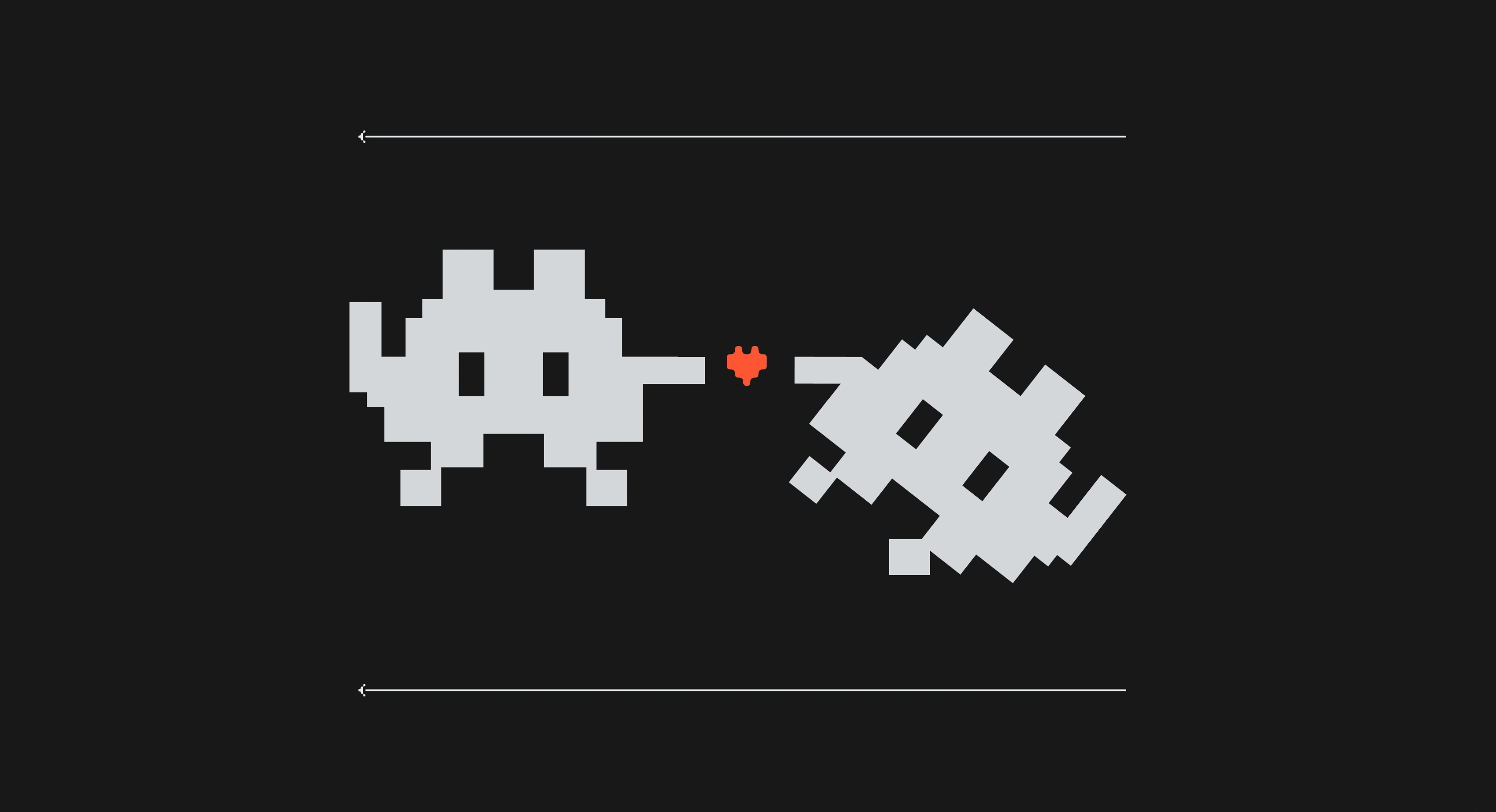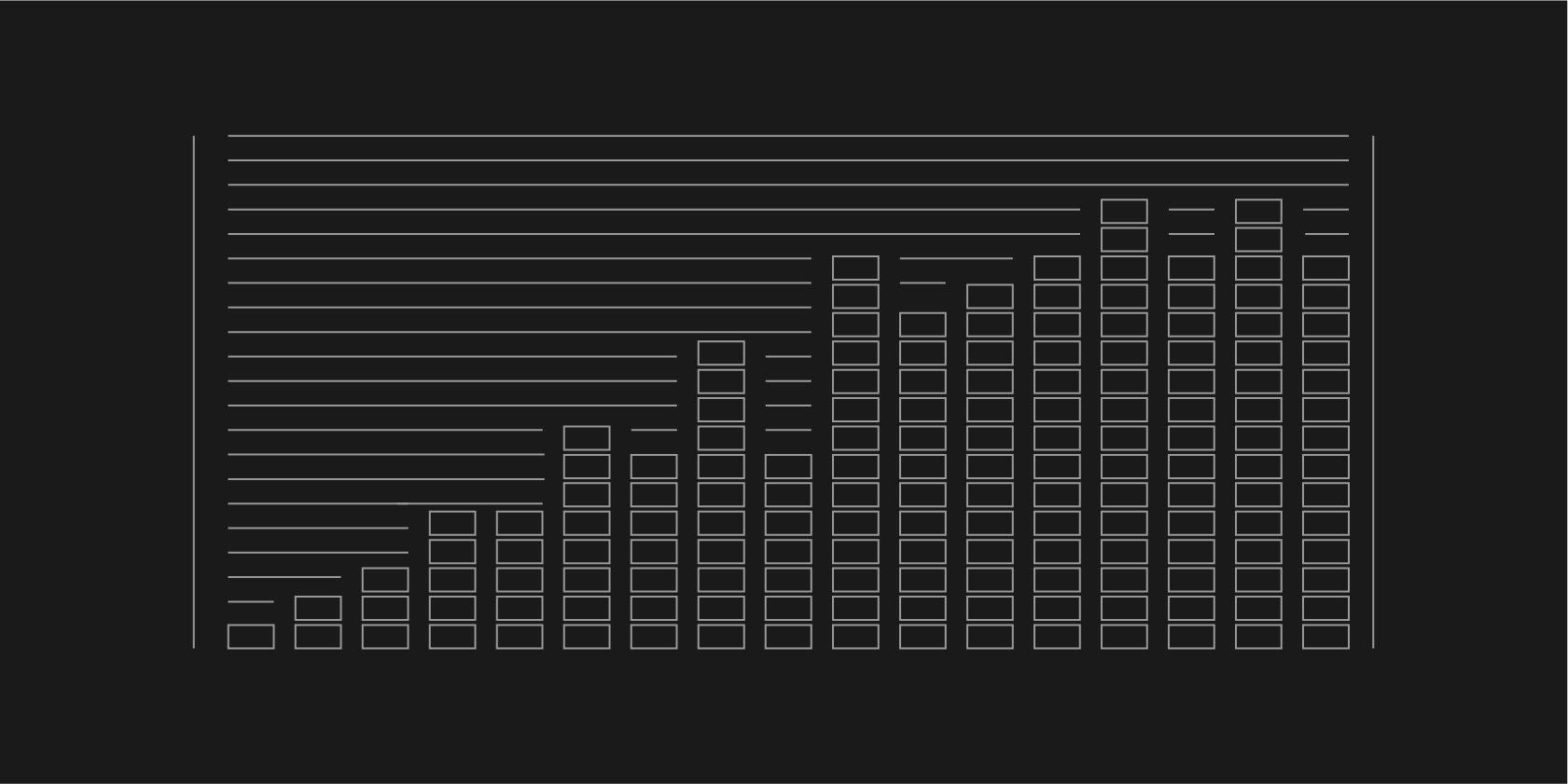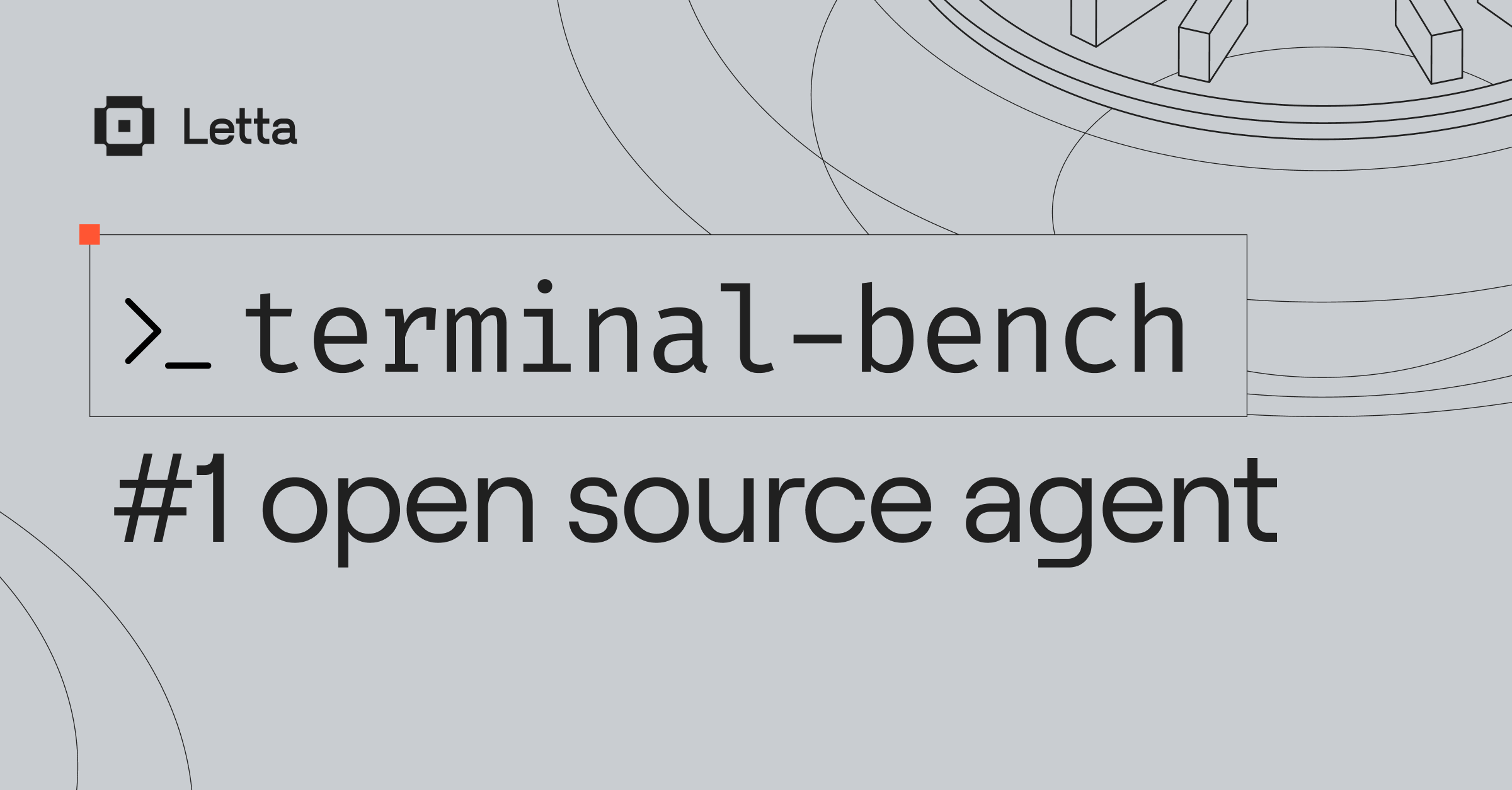Announcing Letta

We are thrilled to introduce Letta. Letta is building the memory management platform for the next generation of agentic systems. We are continuing the research done through the MemGPT project at UC Berkeley, as well as building a production-ready platform to make it easy for developers to create and launch stateful agents and LLM APIs.
Our vision
Today, memory for LLMs is often an afterthought. The primary way developers use LLMs is through stateless API calls, where the developer manages the state of their program, and the LLM API server runs a single pass of inference using the provided inputs. This model of programming with LLMs works for simple chat applications, where the only state the client needs to manage is a chat history. However, applications built on top of LLMs are becoming increasingly complex - LLMs are now being used not only to generate chat messages, but also call tools, connect to external data sources, communicate with other agents, and perform multi-step reasoning. In these settings, the stateless API model of LLM programming starts to fall apart - crucially, developers need better primitives for programming an LLM’s context window, or “memory”, based on the state of their AI program.
We believe innovations in the stateful layer above the base LLM are the new frontier in AI research. Since the release of GPT-4, we’ve seen much of the progress, both from LLM model providers and startups alike, come from using models more effectively, rather than through new model architectures or scaling parameters. OpenAI’s release of o1 (in absence of GPT-5) is an example of how the focus from the frontier foundation model companies is shifting away from scaling at training time to “scaling at inference time” - in other words, orchestrating the LLM inference to leverage techniques such as extended chain-of-thought, reflection, search, and self-editing memory to increase the reasoning capabilities of the base model.
Unfortunately, as the ambitions of closed AI model providers grows beyond their base models, so does the risk to developers using their APIs. Imagine a future where the most powerful model in the world is not only owned by a private corporation, but is also only usable via a closed API that prevents you from seeing any model outputs related to its reasoning steps. Your agent’s memories may be hidden too, and are trapped in a single provider, locking you into the initial model you built it with. This isn’t a fictional dystopia, it’s today’s reality.
At Letta, we’re building the open platform for developing stateful AI applications. Our mission is to innovate at the LLM orchestration layer, and to bring these innovations to developers in a transparent, controllable way, while also ensuring that developers can always swap model providers without losing data. A key principle of our platform is separation of data and compute for LLM applications by managing memories and state in a model agnostic manner. We’re betting on a future where the market for models is competitive (rather than a monopoly or duopoly), and applications that have the flexibility to move across model providers.
What’s next
We are currently developing an Agent Development Environment (ADE), based on the Development Portal that was part of the MemGPT project. The ADE is intended to make it easy to develop, debug, and deploy stateful agents in a single interface. The ADE can be connected to both your own deployed Letta service (via the OSS) or through our hosted service.
We are also beginning to pilot Letta Cloud, a hosted version of the Letta service that manages state and agent execution, and can be connected to external inference providers (e.g. OpenAI, Anthropic, vLLM, and more).
If you’re interested in seeing a demo of the ADE or getting early access to the Letta Cloud, you can also sign up for early access here.
Letta will continue to develop and maintain the MemGPT open source software (permissively licensed under Apache 2.0), though the package names will be shifted to Letta to make clear the distinction between MemGPT agents vs. the Letta agent framework (you can see more with our OSS announcement). At Letta, we are continuing the research done through the MemGPT project in advancing agent design and memory systems. We intend to continue to make our research open: we believe the next frontier for advancements in AI is memory management, and we believe that it is critical for agent memory and reasoning to be white box for AI developers to fully understand and control their applications.
Thank you!
We are incredibly grateful to the MemGPT community, the UC Berkeley research community, and the Letta team for getting us to this point. If you are interested in (or have feedback on) our products, please email us at contact@letta.com or sign up for early access.
If our vision excites you: we are building an incredible founding team of engineers and researchers in San Francisco, please apply to join us!
The name “Letta” stems from an approximation of the word “Letter”. LLMs are simply token in, token out - yet we can build incredibly complex, intelligent systems based on this simple abstraction. Letta is building the memory management platform for agentic development, all without hiding how these systems run on top of token (or “letter”) generation.








